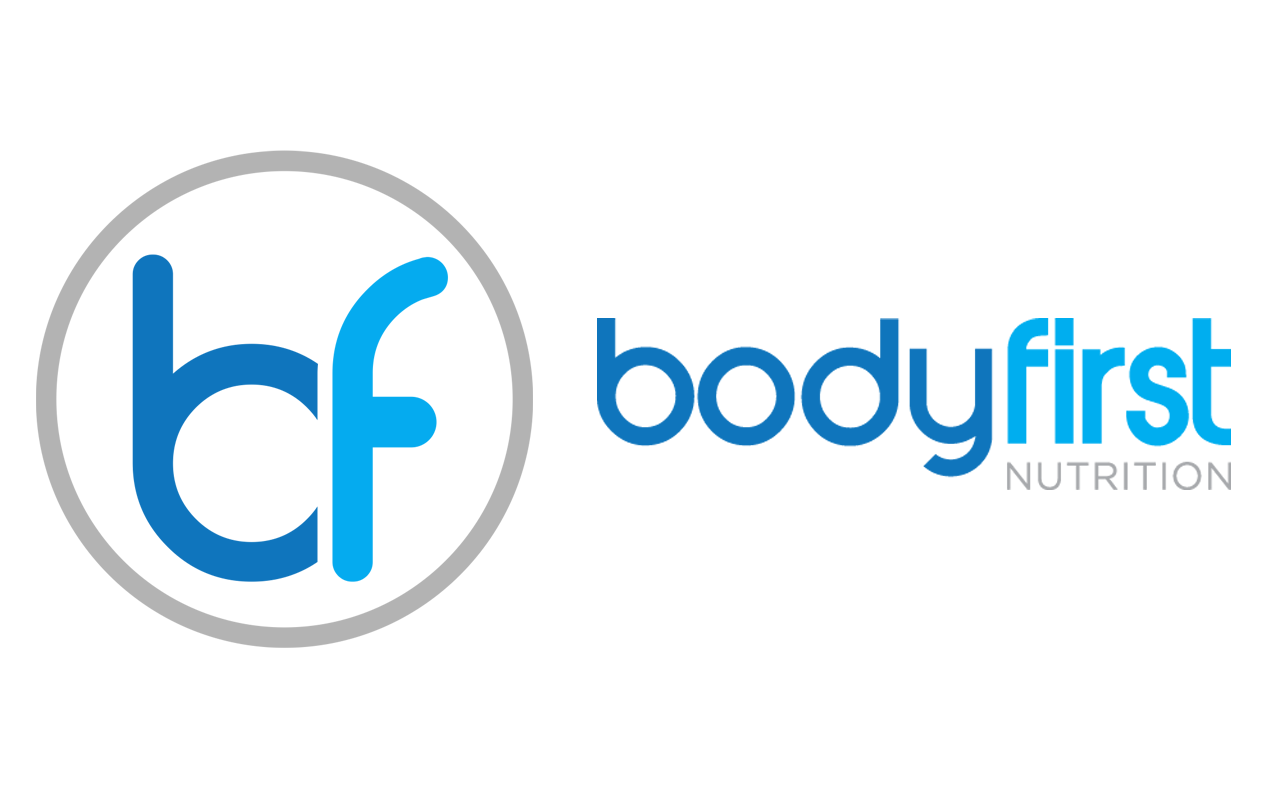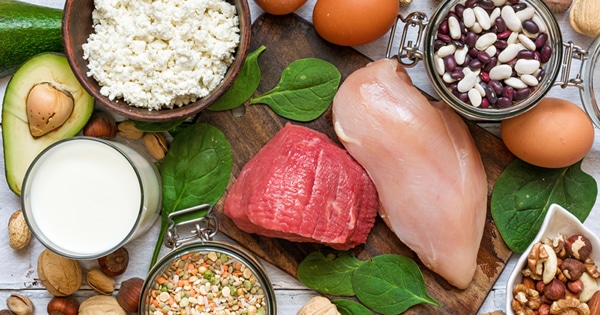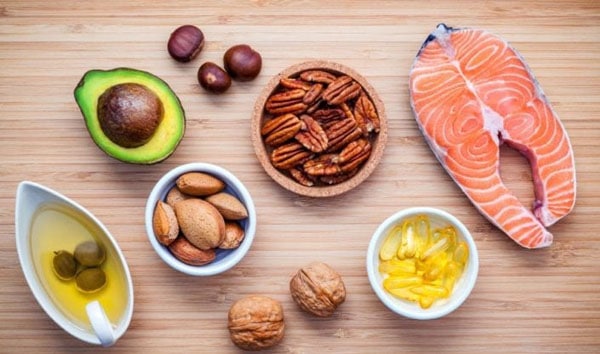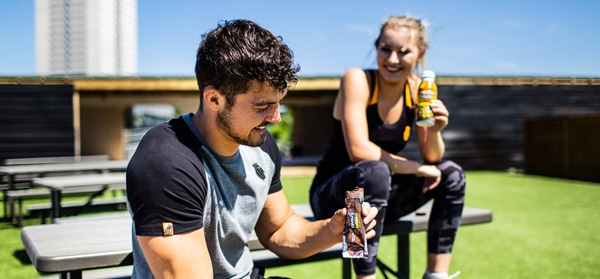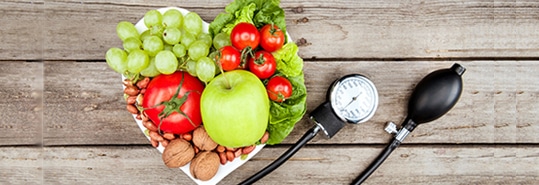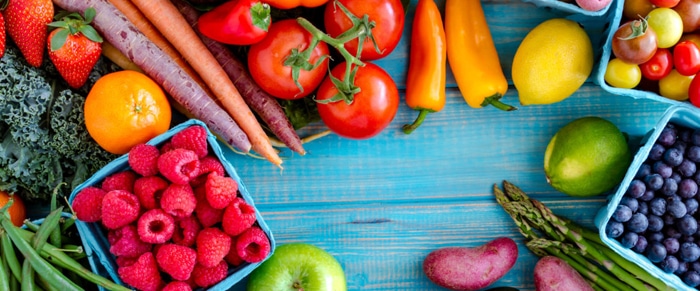What does food do for us anyway?
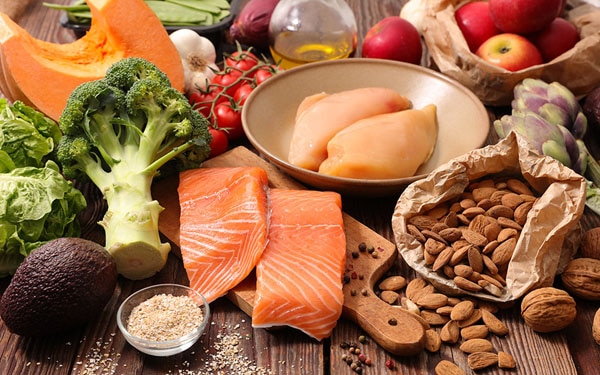
What does food do for us anyway?
Besides providing some extremely pleasurable taste and social experiences the reason we even seek it out at all is to provide the nutrients and nourishment we need for health and growth.
That’s the main crux of it: the nutrients and energy. Within that we have macronutrients, which we need large amounts of. We’ll get to them. And we have micronutrients which we need very tiny amounts of relatively speaking. We’ll get to them too.
And we define the energy content of food through kilocalories (kcals), generally just referred to as ‘calories’. In terms of what a calorie actually is. Technically it’s the amount of energy needed to raise the temperature of 1 litre of water by 1 degree celsius but let’s just leave it that it’s a unit of energy for simplicity’s sake. They are the units of energy stored in foods which are then used up in the body or stored. This is why you’ll hear that eating too many calories leads to weight-gain, the excess can be stored as body-fat once our body has taken what it needs.
Calories (kcals) then come from each of the three* main macronutrients which I’ll go through now.
*Alcohol is also technically a macronutrient but will not be discussed here. It is 7 kcals per gram.
Protein
You may or may not picture a large, muscular man or woman with no visible neck chugging down a shake when the topic of ‘protein’ is brought up. While protein is important for muscle-building yes, it’s so much more than that though. Without protein and the amino acids it provides we wouldn’t be able to make any of the body tissues we hold so dear. Organs, skin, hair, nails, muscle, ligaments, tendons, enzymes, antibodies, many hormones and much much more. They all need protein and amino acids as the building blocks.
So it’s probably a good idea to get enough. In general having a decent serving of protein-rich food at every meal is going to be a pretty good idea. Not only does this make sure you get enough but it also comes in super-handy for managing hunger, blood sugar and energy levels. Want to feel nicely stable energy levels throughout the day without dips? Trying adding in some protein at every meal.
Animal proteins tend be nutritionally superior to plant proteins and good sources of protein overall are:
- Fish
- Seafood
- Poultry
- Beef
- Pork
- Lamb
- Eggs
- Dairy
- Game meats
- Soya protein like tofu
- Pulses/legumes like beans, chickpeas and lentils
- Mycoproteins derived from fungi (like Quorn)
- Nuts & seeds
- Protein powders (dairy, like whey or plant based)
A good rule of thumb is that the more unprocessed the protein source the better. This applies to other foods too! Not just protein. And 1 gram of protein consists of about 4 kcals.

Carbohydrates
Carbs seem to get a bad reputation in certain and unfortunately influential parts of the nutrition world these days. Depending on who you listen to they must be removed if you want to have good health and be in shape. But what do they actually do?
Carbohydrates and the glucose they provide are the primary fuel source for the body and are especially the main player when it comes to fuelling the vast majority of athletic performance and sports. There is actually no physiological necessity for carbohydrates in the diet since we can make all we need using fats and protein if carbs were super-restricted so they’re not actually considered to be ‘essential’ (i.e. we can’t make them ourselves) in the diet. Carbohydrates, like protein, provide about 4 kcals per 1 gram.
Beyond providing glucose for energy carbohydrates also have important roles in providing other nutrients, digesting other foods and in the sub-category of carbs (fibre) they provide food for your gut bacteria as well as roughage for digestive health. Some good sources of carbohydrates are:
- Vegetables (yep, they’re carbs – hard to say carbs are bad now isn’t it?)
- Fruits
- Pulses/Legumes
- Tubers like potatoes and sweet potatoes
- Grains, particularly whole grains
Interestingly when carbs and sugar get blamed as being the ‘bad guy’ when it comes to nutrition and health the typical foods that get pointed to like cakes, pastries, cookies, biscuits, chocolate, ice cream, pizza, fries etc. all tend to have very high levels of fat in them too – making them very calorie dense and very easy to overeat.
And it’s no surprise that someone who consumes the majority of their (excessive) calories from carbohydrate-rich foods would experience weight-loss when they ‘cut them out’ but the reason is the excess of calories the carbs are providing in that context. Not the carbs themselves.
Fats
Here’s the other one that has played the villainous role in the nutrition world before carbohydrates started to take the heat recently.
Similarly, it’s misdirected to blame any one macronutrient or food as being the root of poor health or body composition. In terms of functions, fats have many, as you’d expect from an essential macronutrient. They provide a massive energy store in the form of body-fat and are the most energy-dense macronutrient at 9 kcals per gram.
After that fats are needed to make most hormones in the body, they make up part of our cell membranes and are what your brain and nervous systems are made from. Finally they help to transport the important fat-soluble vitamins like D, E, A and K.
There are 3 main types of dietary fats: Saturated fats, Monounsaturated fats and polyunsaturated fats. It’s important that these are consumed in balanced ratios for good health. Often people will over consume saturated fats and under consume the important omega 3 fats which are in the polyunsaturated category.
One type of fat, ‘trans’ or partially hydrogenated fat is absolutely shown to be very bad for health and should be avoided as much as possible. Fortunately because of their health risks you won’t find them too easily in the European food supply anymore.
And since we eat foods and not specific fat types or nutrients it’s more useful to talk about food sources when it comes to fats (and other macronutrients for that matter). Also, most foods contain not just one type of fat (and there is another layer to this where there are different types in each of the 3 categories) so with the exception of some pure oils like coconut oil you are likely to get some mixture of all three types but for handiness sake I will lump them together to give ideas of which foods are good sources for fats:
Saturated
- Good quality beef/lamb
- Dark chocolate
- Dairy products
- Coconut products
- Eggs
I’d point out here though that anyone consuming a decent amount of animal products won’t have to worry about getting enough saturated fat and likely they’ll have to look more at getting a balance of the other two instead.
Monounsaturated
- Avocados
- Olives and extra virgin olive oil
- Good quality beef/lamb
- Eggs
- Nuts
- Rapeseed oil
- Peanuts and peanut butter
- Pork
Polyunsaturated
- Oily fish like sardines, mackerel, salmon and marine omega-3 supplements. These contain the two primary marine omega-3 fats which are crucial for health so if you’re not eating oily fish a few times per week supplementation would be advised. Vegans can use supplemental algae oil instead of fish oil or krill oil. If using fish oil supplements store them in the fridge and don’t buy them if they’re in a clear container. Light damages the fats very easily.
- Flaxseeds
- Rapeseed oil
- Nuts/seeds
- Soybeans/tofu
- Poultry
- Pork
I’d point out here that within the polyunsaturated category there are two main types.
Omega-3 and omega-6. Most people consuming typical foods will have no problem getting in enough omega-6’s but as mentioned above they are probably not getting in enough omega-3 fats. The balance between these omega-6 and omega-3 fats is important and most people would do well to actively increase their intake of omega-3’s. To avoid getting too technical remember that a large portion of omega-3’s MUST be marine in origin. Plant sources do not cut it.
Micronutrients:
That’s macronutrients taken care of so let’s talk about micronutrients. As we said above micronutrients are needed in relatively tiny amounts compared to macronutrients but are still critical for good health. These are all the vitamins and minerals you would have heard of as well as important plant chemicals (phytonutrients).
Going into any depth for sources of each of the micronutrients is beyond the scope of this article but know that their functions in the body are far-ranging and important. And certain micronutrients are more important in certain contexts, for example folate in the case of women of child-bearing age to prevent neural tube defects.
To get full coverage without having to think too much about specific micronutrients aim to eat a widely-varied diet, not just the same 8-12 foods the whole time and choose extensively from the different foods mentioned above. Consume lots of fruits and vegetables (like 10+ servings per day) as well as animal proteins and it’ll be hard to go wrong.
By Brian Ó hÁonghusa,
BSc (Hons) Human Nutrition, ANutr
Precision Nutrition Level 1,
Precision Nutrition Level 2 Master Coach
